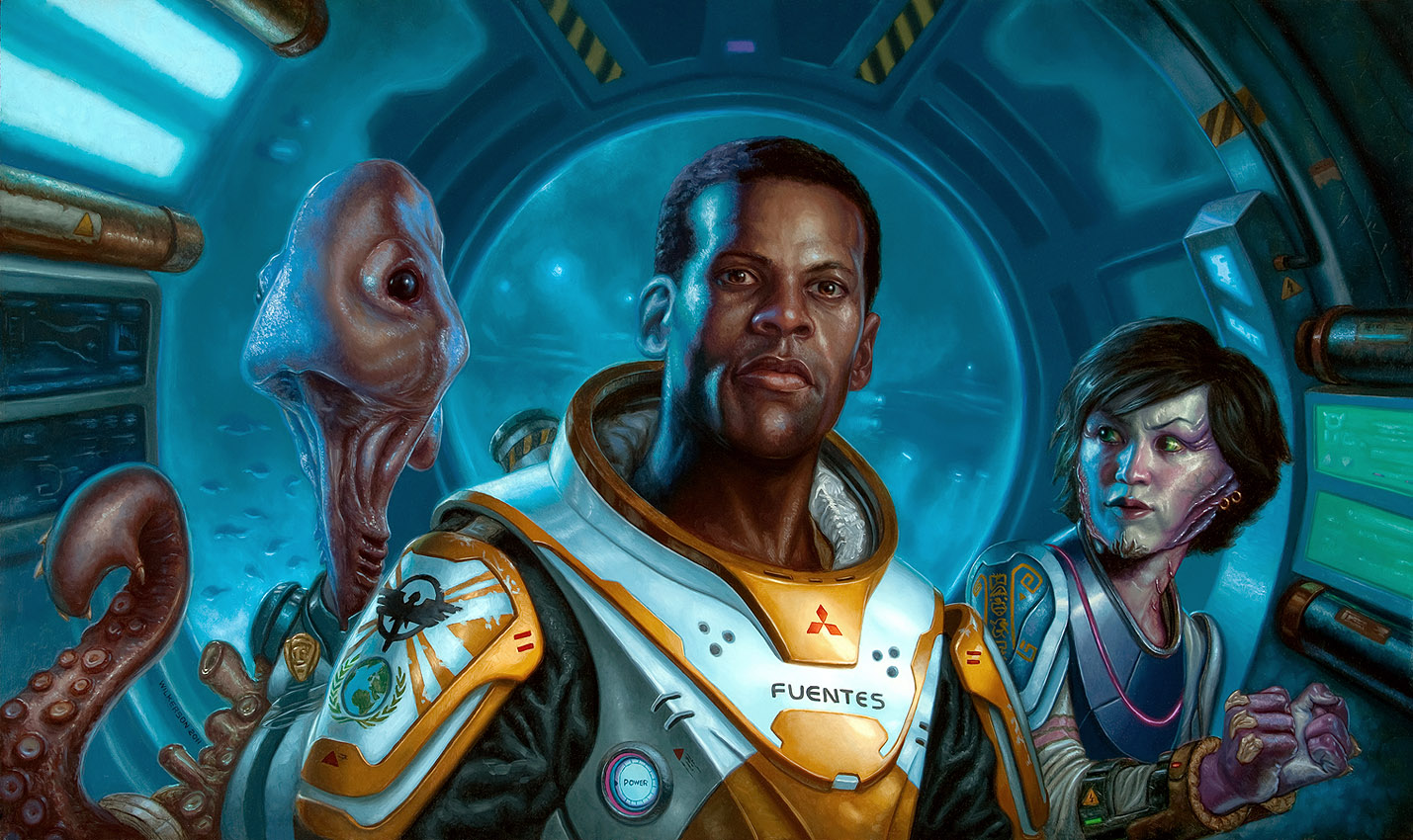Those would be the last words we would hear from Scandal’s fall mid-season finale. The ABC drama following Olivia Pope (Kerry Washington) as a DC-based fixer known for her dictum, "it's handled," took us on a whirlwind of ride, leaving us with three ridiculous cliffhangers to think about going into 2014. We see everything from vice president Sally Langston murdering her philandering closeted husband, to Quinn ready and willing to slay Eli, and finally Olivia realizing “mother dearest” is not the angel she thought.
But the wait is over. Twelve weeks later we can now finally say, “Gladiators, It’s Scandal Thursday!!” Finally, Olivia Pope & Associates are making their way back into our lives via the television screen. It has been so long.
Now, it has been quite awhile since the last episode aired, December 12th to be exact. So just in case you do not feel like logging into ABC.com, Hulu, or Netflix and watching last year’s episodes here is a quick recap to get you ready for tonight:
a) The Last Word: Probably the most disturbing event that would take place during the fall season was the epic fight between Sally and Daniel Douglas over his rendezvous with James, resulting in the infamous line from Sally,
“I cannot wait until you meet your maker. I cannot wait until you are judged for your lies,” and a letter opener in Daniel’s back leading to his unfortunate demise.
“I cannot wait until you meet your maker. I cannot wait until you are judged for your lies,” and a letter opener in Daniel’s back leading to his unfortunate demise.
b) Not Everyone is Your Friend: Quinn must deal with the regret of letting Charlie into her life as she suffers daily, mentally and physically (pulling out the chip in her tooth with a paper towel dispenser). Just when she thinks she can make her way back into Olivia Pope & Associates, she is met by Huck who informs her: “You’re not a Gladiator anymore.” After hearing those shell-shocking words, Quinn runs back to the Devil to try and figure out how she will get herself out of this dark, sinking pit. But on a brighter note, at least Eli lived to see another day.
c) Don’t Mess With Daddy Pope: In what might be seen as a dysfunctional heart-to-heart, Fitz, who is holding Eli hostage, proceeds to tell his mistress’ father all the naughty and nasty things he has done to his little girl. “The things I could tell you about the way she tastes…” BUT, in the words of Daddy Pope who would so eloquently put Fitz into his place, “You love that she is a door marked exit… Don’t use the person I made to make yourself into a man. You are a boy!” [drops mic]
d) An Angel Dressed in the Devil's Clothes: Meanwhile, while Fitz and Eli are showing off egos, Olivia has other family drama that she must tend to dealing with her mother who has now been identified as a terrorist. “She fooled you like she fooled me, didn’t she?” Maya is beginning to shows her true colors as both Eli and Olivia have been duped by a woman they each loved dearly at one point in time.
e) The Revealing Phone Message: Let’s not forget the woman in David Rosen’s office with the tape of Sally’s phone call to Cyrus after killing Daniel. That will not end well for anyone.
f) A New Sheriff in Town: Let’s just say Jake has taken over the ranks of B613, and his dismissal of Eli is quite epic, “If you’d like a job here at Wonderland, you can take our aptitude test.”
Needless to say, after these first ten episodes we are still in limbo as to what is going on in the life of Harrison, despite having the various breadcrumbs sprinkled throughout the episodes.
All in all, the mid-season finale would pose as many questions as it attempted to answer. Here are just a few questions that would surface, and we hope will be resolved:
1) What kind of B613 leader will Jake be?
2) Will David team up with Olivia Pope & Associates for his investigation of Daniel Douglas’ murder?
3) What does the future hold for the show’s unlikely couple, Quinn and Charlie?
4) Will we delve deeper into Maya’s dark past and how will affect the already fragile relationship between her and Olivia?
Tonight’s episode is titled, “Ride, Sally, Ride.” In these 60 minutes viewers will see how the White House deals with a mind-blowing announcement from Sally Langston, while Olivia finds herself taking on a challenging new role. Even more exciting, we might even get to see Mellie step into the role as a “fixer.” Although the winter Olympics have officially ended, the Scandal games are just beginning. We have waited long enough Gladiators, it is time to suit up!





